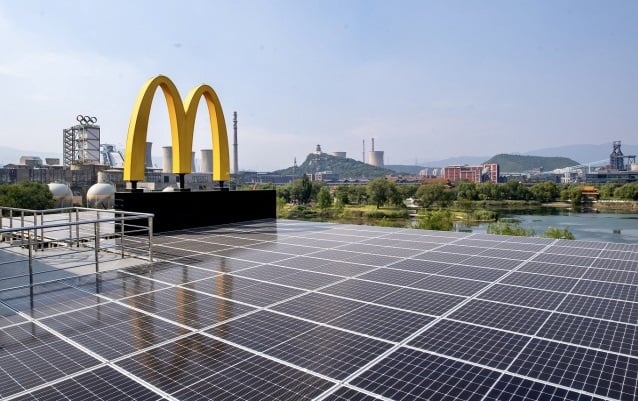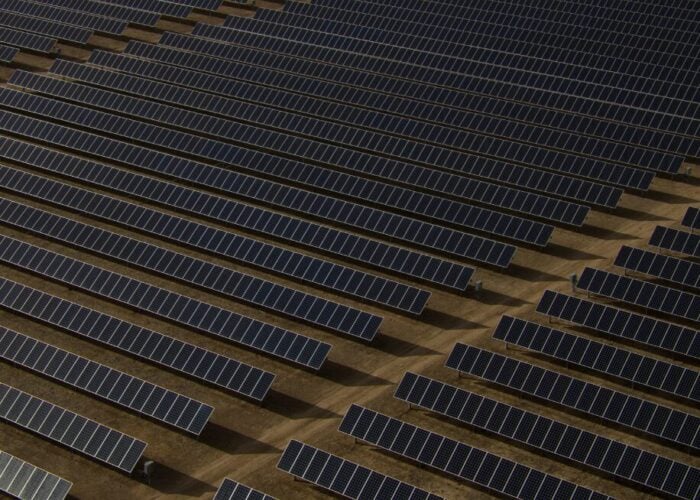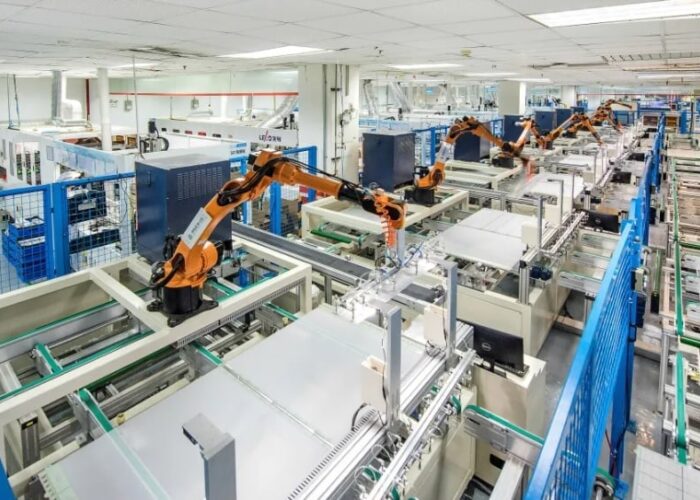
Having installed PV modules from Chinese manufacturers, McDonald’s China has opened a “zero-carbon restaurant” in Beijing, the company’s first of its kind in the country.
As part of the project, Astronergy supplied 727 of its ASTRO series modules for the rooftop array, contributing to the annual 330,000kWh of power to be generated to meet the daily needs of the restaurant.
Try Premium for just $1
- Full premium access for the first month at only $1
- Converts to an annual rate after 30 days unless cancelled
- Cancel anytime during the trial period
Premium Benefits
- Expert industry analysis and interviews
- Digital access to PV Tech Power journal
- Exclusive event discounts
Or get the full Premium subscription right away
Or continue reading this article for free
Spanning an area of more than 2,000 square metres, the solar system represents the first catering-related project in which Astronergy has been involved.
Located in Beijing’s Shougang Park area, the restaurant branch has been constructed with LEED (Leadership in Energy and Environmental Design) certification standards and will become, according to the fast-food chain, “the first LEED-certified zero-carbon restaurant in China”.
Astronergy, a CHINT Group company, unveiled its first TOPCon n-type modules under its ASTRO series earlier in the year and has been at the forefront of the technology’s mass production. The modules are suitable for utility-scale, commercial and industrial, and residential applications.
According to industry insiders, the manufacturer is on track to reach 20GW and 13GW respectively of module and cell production capacity by the end of 2022.






